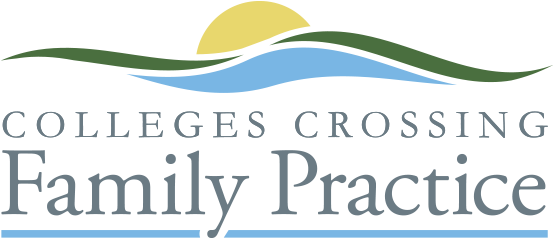August – the month of windy weather, the possibility of early firefly sightings, and (unfortunately) increasing cases of gastroenteritis. We have seen quite a few cases of fairly severe viral gastro amongst both kids and adults recently, and thought it might be a good time to offer some advice on this relatively unpleasant topic (but hopefully you do not need to use any of this advice!).
The first thing to know is that even the most spectacular gastro attacks will generally settle of their own accord. Rest, isolation (so you don’t spread it to any other hapless victims), good hand hygiene and a plentiful supply of rehydration salts will help. There are a few circumstances where you really do need to see a doctor early though – infants and young kids, having a high fever (over 38 degrees), severe pains, blood in the vomit or diarrhoea, severe dehydration, or if your immune system isn’t working well due to other medical conditions. If you are otherwise well but things aren’t really improving after 5 days this is also a good time to get checked out, and your doctor will usually send of a specimen to see what is causing all the trouble.
Usually the best thing to aid recovery (especially in kids) is simply to return to your usual diet once you start to feel hungry again, but young kids may need to have their lactose intake reduced for a week or two in the aftermath. Generally it is best to avoid taking any medications to ‘fix’ the gastro – they often prolong the episode, and also leave you contagious for longer, and no-one wants that!
Speaking of being contagious – one thing many people don’t realise is that even after you start to feel well following a gastro attack you can still be contagious. That is why it’s best to stay isolated for at least 24 hours after everything returns to normal before resuming your usual activities and socialising.
Dr Cath Hester
These articles are not intended to replace a one-to-one relationship with a qualified health professional or as specific medical advice. They are intended as a sharing of knowledge and information from experience and research in the scientific literature. I encourage you to make your own health care decisions based upon a partnership with a qualified health care professional.
